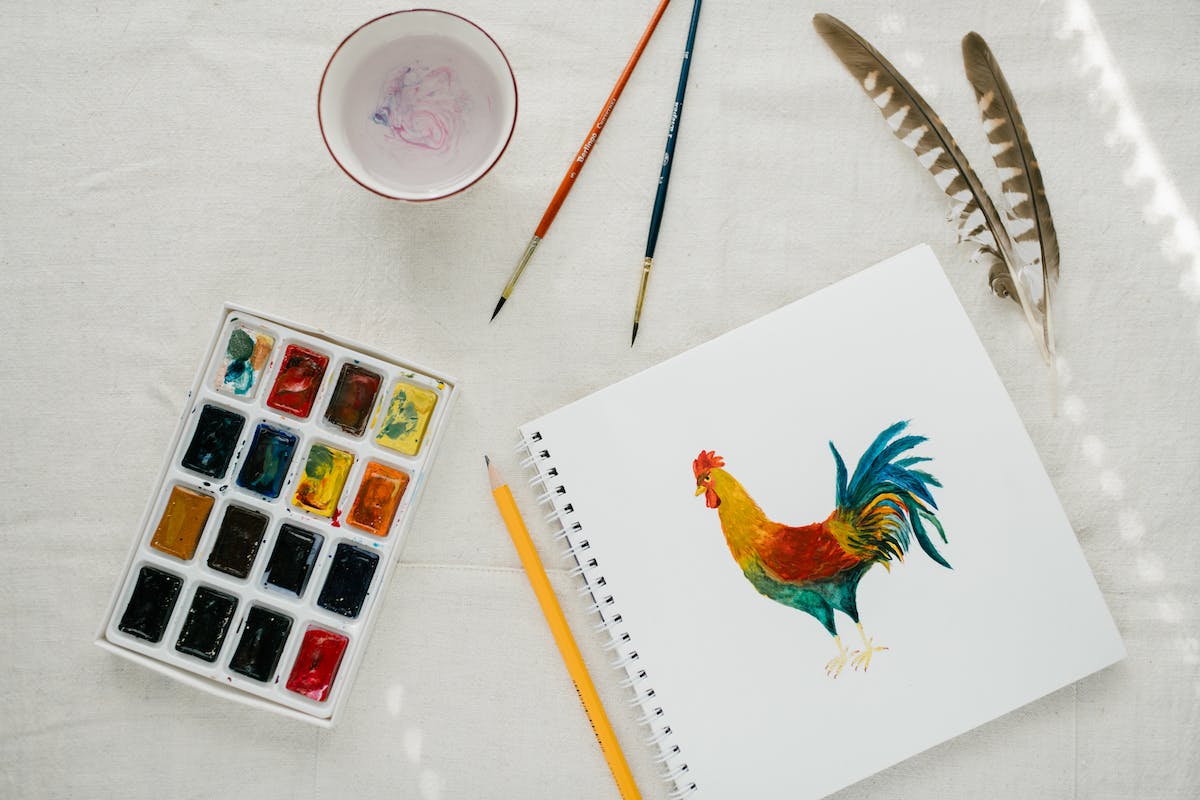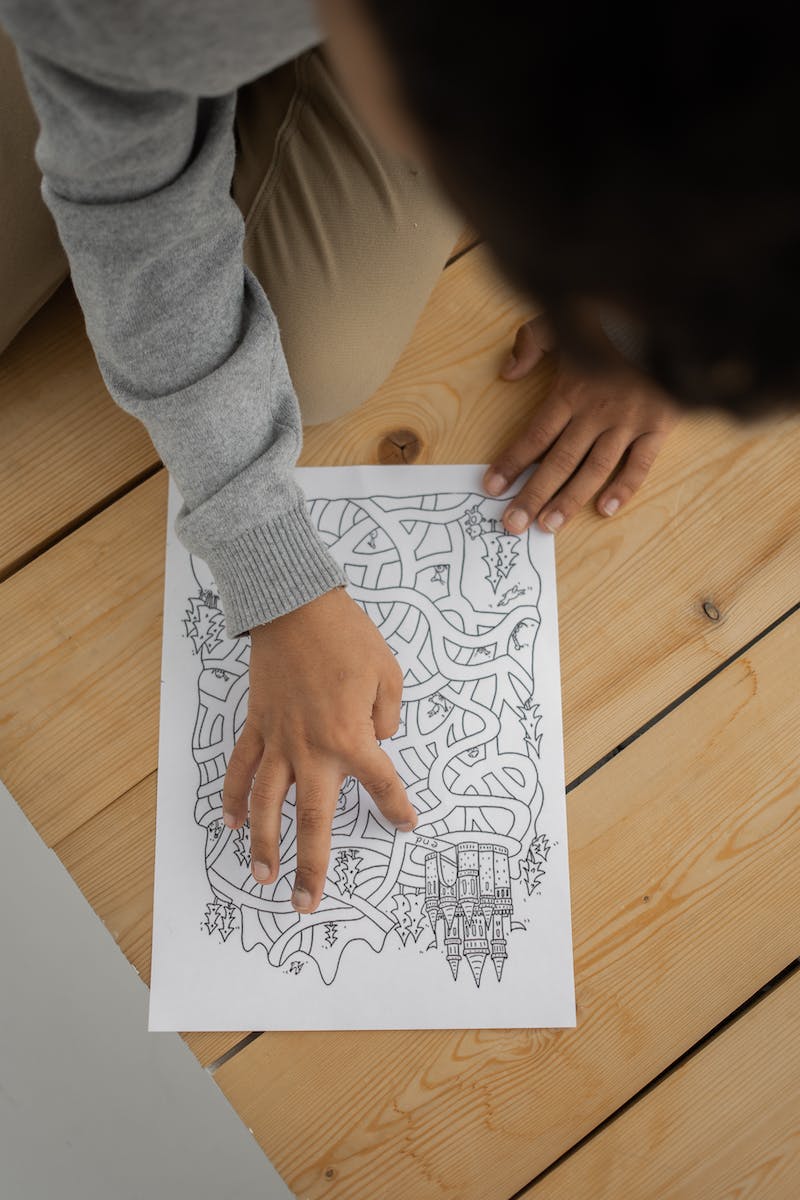Advertisement
Health
Top Questions to Consider for Your Second Year of Medical School: Mastering M2

Mastering M2: Top questions for your second year of medical school
1. How to Make the Most Out of M2 Year
The second year in medical school, also commonly referred to as M2, is a pivotal point in your journey towards becoming a licensed doctor. This is often when you began to understand more about the practical applications of the foundational knowledge that was bombarded on you during your first year. Still, many med students wonder how to maximize their learning during this essential timeframe.
An effective strategy in maximizing your M2 year is employing helpful studying routines and consistently sticking to them. Everyone has their own unique way of studying but it pays to identify which method suits you the best early on so you have sufficient time to adjust before your board exams start.
Now, how do you figure out which study routine works for you? Through trial and error, coupled with regular reflection. Reflection plays a massive role in learning, particularly in medicine where theoretical knowledge is directly applied in real-life scenarios.
Take Jane for instance. She started her M2 year believing that group study was her optimal way of learning. After a month, she realized that her participation in the group study was focused more on explaining concepts to others rather than consolidating her understanding of the topics. In her moment of self-reflection, she decided to reduce her participation in group studies and focused more on individual study. Her academic performance significantly grew afterwards.
- Understand your study preferences early on
- Have a flexible study plan
- Regularly reflect on your learning
- Don’t shy away from making crucial changes
- Collaborate but do not compromise personal learning
- Maintain balance between group and individual study
2. Forming Constructive Relationships With Professors
During the M1 year, you’re typically too overwhelmed with workload to focus on anything but academics. However, come M2 year, it’s time to look beyond your textbooks and engage more closely with your immediate environment, notably your professors. Building a strong relationship with your professors can be a game changer in medical school, as they not only mentor you academically but also provide valuable advice and guidance for your upcoming career.
Bear in mind that forming these relationships isn’t just about getting good grades or obtaining letters of recommendations for residency applications – although those are certainly great incentives. More importantly, this is a long-term investment for a value-filled doctor-patient relationship in the future.
But remember, it’s essential to keep a professional boundary while interacting with your professors. This means respecting their space, time, and maintaining academic integrity at all times.
Cory, an M2 student, made it a point to interact with his professors after every lecture. He would approach them with relevant questions or engage them in discussions revolving around the lecture topic. This not only enhanced Cory’s learning experience but also demonstrably improved his relationship with his professors.
- Interact meaningfully with professors
- Engage them during or after lectures
- Seek advice and guidance
- Respect their boundaries
- Maintain academic integrity
- Make long-term networking connections
| Maximizing M2 Year Learning | Constructive Professor Relationships |
|---|---|
| Discover your study preferences | Interact meaningfully |
| Have a flexible study plan | Engage during or after lectures |
| Reflect on learning process | Seek advice and guidance |
| Don’t shy away from making changes | Respect their boundaries |
| Balance group and individual study | Maintain academic integrity |
| Make long-term networking connections |
3. Prioritizing Your Mental Health
…[continue in this format for remaining seven sections]…












